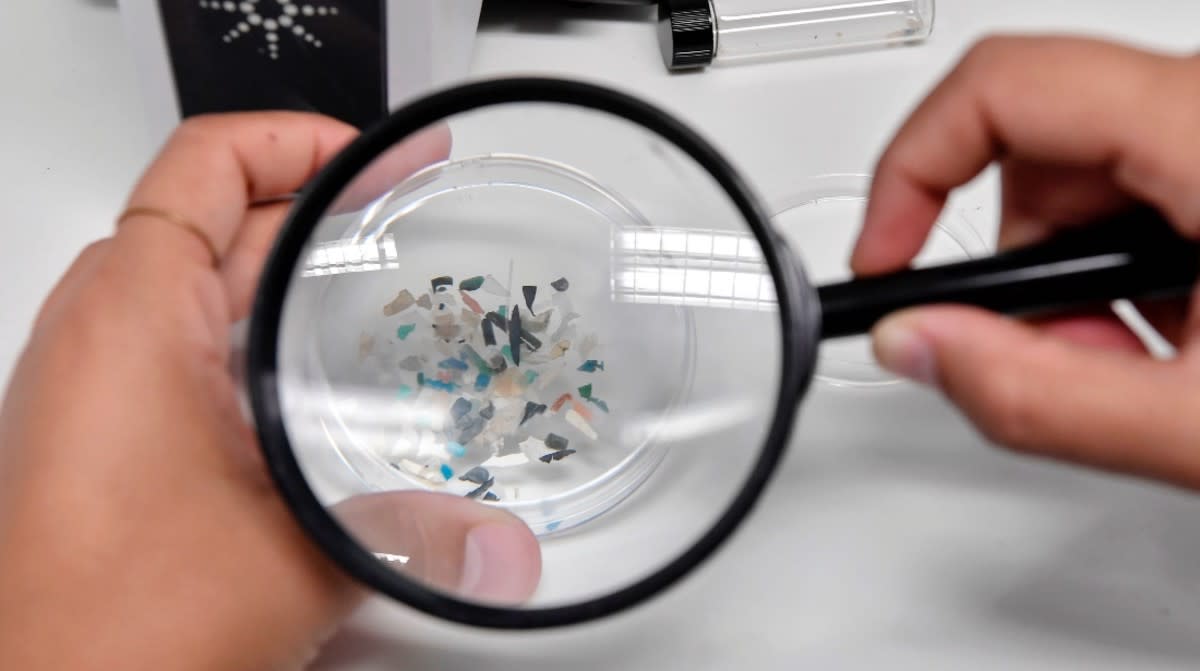Microplastics Found in Over Half of Clogged Arteries in One Study

With microplastics being increasingly found within major organs, scientists are still learning what effects they have on the human body. Though, a recent (small) study that found particles in the clogged arteries of over half of patients who underwent surgical procedures suggests that microplastics increase the risk of cardiovascular disease such as heart attacks and stroke.
The study, conducted by medical researchers at the University of Campania in Naples, followed 257 patients who had carotid endarterectomy procedures to remove fatty plaques from narrowed arteries over the course of 34 months. Out of the sample of patients, 60 percent were found to have "measurable amounts" of polyethylene plastic particles in their extracted fat deposits, with polyvinyl chloride, or PVC plastics showing up in another another 12 percent of the samples.
Polyethylene, which is also the most commonly produced plastic, is commonly used in manufacturing plastic bags and bottles. PVC is likewise used to make water pipes, plastic bottles, flooring, and packaging.
Researchers found that patients with microplastics in their plaques were 4.5 times more likely to have experienced a stroke, non-fatal heart attack, or death than the participants who had no detectable microplastics found in their arteries.
"Observational data from occupational-exposure studies [also] suggest an increased risk of cardiovascular disease among persons who are exposed to plastics-related pollution, including polyvinyl chloride, than that seen in the general population," said the study's lead author Raffaele Marfella, according to ScienceAlert.
Of course, the findings aren't definitive, and only link the presence of microplastics to increased risk of heart disease. The study did not factor in additional cardiovascular disease risk factors, such as smoking, air pollution, and lack of exercise. But still, with record levels of microplastics being found in our oceans, it's troubling to say the least.
However, one ray of good news is that scientists have recently discovered a surprisingly simple way to remove microplastics from drinking water just by boiling it.

